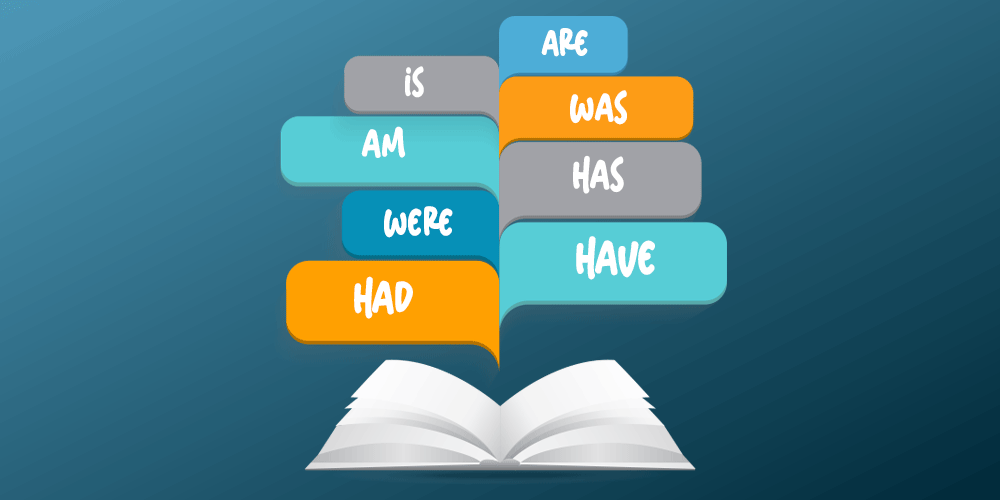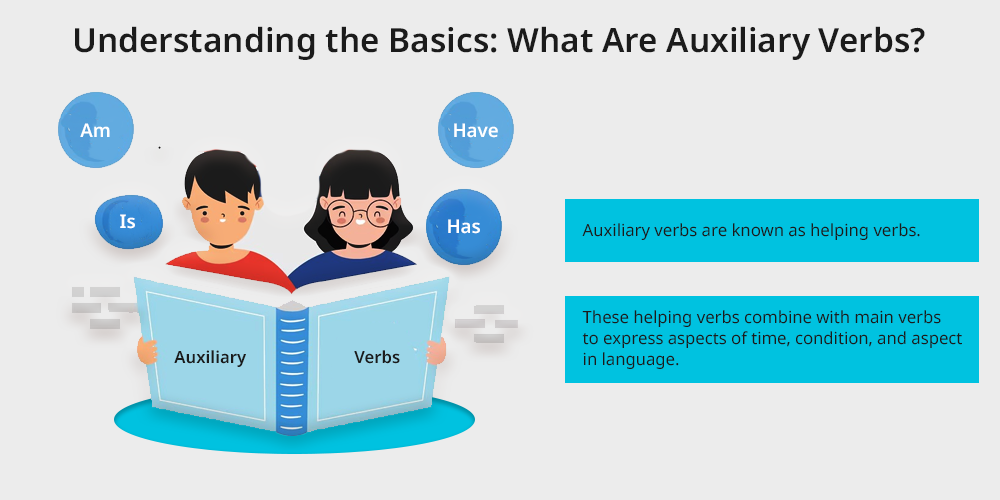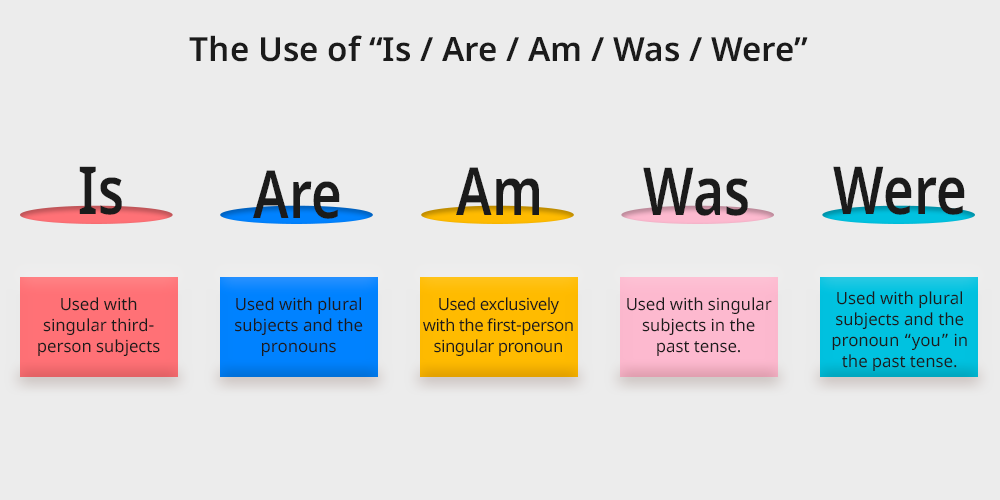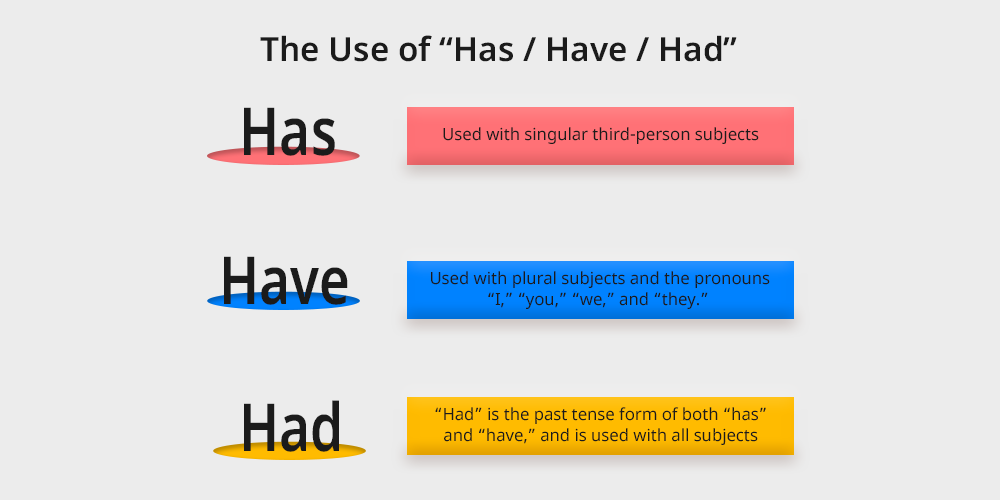
Imagine you are a superhero. You are entrusted with immense power, but to accomplish any mission, you would always need an allegiant sidekick.
Likewise, in the ever-befuddling universe of English grammar, the auxiliary verbs are the faithful companions who precede the main verb and save the day by making sentences meaningful and persuasive. The importance of grammar in the English language cannot be overstated.
Grammar is the foundation upon which any language skill is built, helping to ensure effective communication. Learn importance of communication skills .
Language is a powerful tool, and in a world where everything is so connected and fast, language is the only thing that goes by the rule.
Even the new digital world is connected to language, but modernisation has created a very different puzzle in terms of grammar and vocabulary.
Read on to learn how to improve students vocabulary .
Now these puzzles are not something that can be learnt or memorised, they are something that can only be understood. When talking about language they are to be introduced with all their elements and nuances.
For various reasons, English grammar and spelling were never fully standardized, making the language uniquely complex. Explore how to improve spelling mistakes in english
Among some of the most frequently misused elements of English are the auxiliary verbs like “is,” “are,” “am,” “was,” “were,” “has,” “have,” and “had.” These words may appear to be insignificant , but they have significant consequences when not constructed well in a sentence.
These auxiliary verbs indicate the tense, mood, or voice of the sentence.
They play a crucial role in the language. Whether you are writing an essay, composing an email, or engaging in conversation, these auxiliary verbs are essential for elevating English skills and boosting confidence .
So what is the mystery behind these verbs? And what is their relation with tenses?
Let’s unravel the mystery of auxiliary verbs and master their effective and accurate use through clear explanations and practical examples.
Contents
Understanding the Basics: What Are Auxiliary Verbs?

Auxiliary verbs are known as helping verbs.
These helping verbs combine with main verbs to express aspects of time, condition, and aspect in language.
They can also stand alone in certain sentences.
Consider an example: “Sreeja is embroidering.”
- Here in this sentence, “is” supports the main verb “embroidering”. So, “is” will be considered as an auxiliary verb.
Similarly, “My parents were ecstatic.”
- In this case, the sentence is framed in a way that “were” functions as a standalone verb indicating a past state of being. And here, “were” will also be considered as an auxiliary verb in the sentence.
While framing a sentence or working with grammar “Auxiliary Verbs” can be broadly categorised into two groups:
- Be-verbs, under which we consider terms like: “is, are, am, was, were”
- Have-verbs which include terms like: “has, have, had”
Let’s try learning about these in detail.
Read on to know more about importance of English language and why it matters?
The Use of “Is / Are / Am / Was / Were”

Be verbs are used across all three primary tenses-present, past and future.
For Present Tense: We have “Is / Are / Am”
- “Is” is used with singular third-person subjects i.e. he, she, it and other singular nouns
Consider examples as :
- Mohit is perusing a document.
- Soha is composing a melody.
- Dhruv is baking a pie.
- It is a widely accepted fact.
- “Are” is used with plural subjects and the pronouns i.e “you,” “we,” and “they”
Example:
- The orchids are on the mantelpiece.
- The cousins are visiting their native place.
- Harpreet is thriving in the new job.
- Thestudent leaders are managing the excursion.
- “Am” is used exclusively with the first-person singular pronoun “I.”
Example: I am solving a puzzle.
For Past Tense: We use “Was / Were”
- “Was” is used with singular subjects in the past tense.
Example :
- He was hobbling due to an injury.
- She was nudging me to spare some change.
- The task was completed a couple of days ago.
- The kitten was playing on the floor.
- “Were” is used with plural subjects and the pronoun “you” in the past tense.
Example:
- The classics were on the top shelf.
- Manny and her daughter were going to the dance class.
- You were singing really well.
- The teachers were arranging the table for the exhibition.
Common Mistakes and Exceptions:
Some common mistakes are often made with the use of auxiliary verbs.
For example, people always use statements such as : “I were late.”
The correct statement is: “ I was late.”
An exception to this rule occurs in conditional sentences and the subjunctive mood. In such cases, “were” is used with singular subjects to express hypothetical situations.
Consider: If I were rich, I would travel the world.
To explore the detailed benefits of learning English , check out the article from here.
The Use of “Has / Have / Had”

We use “Has / Have” – For Present Perfect Tense
Where “has” is used with singular third-person subjects.
Example :
- Mark has completed the portrait.
- Leticia has given me her consent.
- The mission has been accomplished.
- The wet mop has been lying on the floor for a long time.
Similarly “have” is used with plural subjects and the pronouns “I,” “you,” “we,” and “they.”
For example :
- The jewels have been kept in a treasure box.
- They have been nursing their ailing aunt.
- You have been an excellent performer.
- We have been managing the crowd for the past 2 hours.
We use “Had” – For Past Perfect Tense
“Had” is used to indicate the past perfect tense, as in: “She had finished her homework before the class started.”
“Had” is the past tense form of both “has” and “have,” and is used with all subjects.
For example:
- She had helped me with my homework before the deadline.
- He had played football in the rain all day.
- They had walked to the park when it started to rain.
- I had forgotten to bring my lunch to school.
Common Mistakes and Exceptions in the case of “Has / Have / Had”
Some of the most common mistakes to be seen with the use of “have”, “has” and “had is using “have” with “singular third person subjects”
- For example: she have completed her homework.
Where the correct statement is: she has completed her homework.
In some cases, “Had” is used in conditional sentences:
- Example: If he had known, he would have not done it.
Here you can check the creative English activities for kids that will definitely help improve their fluency.
Conclusion
And there you have it. Whether you are taking wobbly baby steps or taking confident strides through the maze called English grammar, mastering auxiliary verbs is absolutely imperative.
These small words like “is,” “are,” “am,” “was,” “were,” “has,” “have,” and “had” have a great impact and carry significant weight in expressing time mode and actions in a sentence.
It is essential to remember that language is a journey, and each step builds confidence for students , enabling better learning, practice, and improvement.
So, next time you are pouring your thoughts in your journal or having a hearty chat over a hot cup of coffee, remember to use these tiny verb wizards to express yourself with confidence and aplomb.
